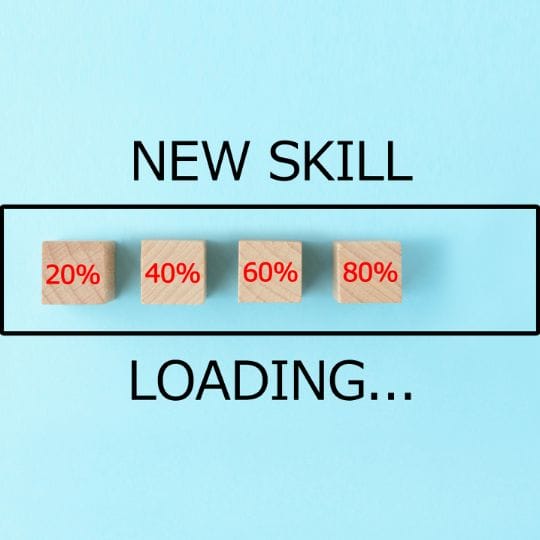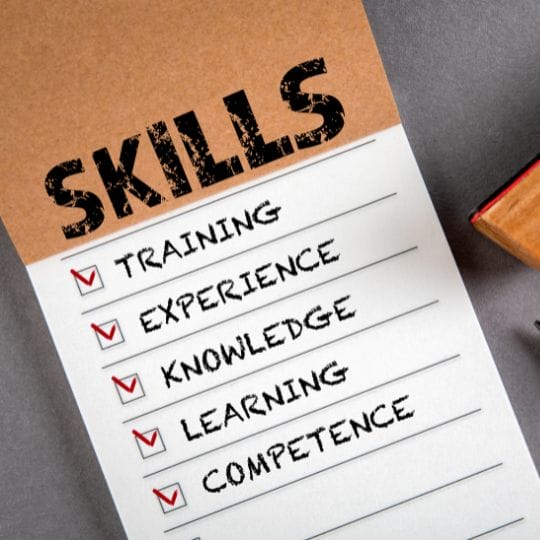
A lot of people who are tired of their careers see Health and Wellness Coaching as a career change opportunity, especially in midlife. Coach trainees who don’t have a health background often experience ‘impostor syndrome’ when they finish their certification.
They ask things like “How can I be qualified to help someone if I don’t have a specialty health qualification behind me?”. Or “Should I go and do a nutrition/psychology/exercise science degree so I can be seen as credible?”
The book Range by David Epstein illustrates exactly why further health degree qualifications are NOT an essential part of working as a health and wellness coach.
This episode is the first in a new season about self-confidence as a coach, self-worth, value and self-belief.
David Epstein introduces his book Range as follows: “Plenty of experts argue that anyone who wants to develop a skill, play an instrument, or lead their field should start early, focus intensely, and rack up as many hours of deliberate practice as possible. If you dabble or delay, you’ll never catch up to the people who got a head start. But a closer look at research on the world’s top performers, from professional athletes to Nobel laureates, shows that early specialization is the exception, not the rule.”

The book dives deep into the comparison of people who are highly qualified in a specialist area and pursue specialist careers, with people who have a range of different experiences before landing on their ‘dream job’ or ‘dream life’.
What you read might surprise you.
The book starts by comparing Tiger Woods with Roger Federer. Tiger Woods started his career at the tender age of three when he got a toy golf club and then proceeded to spend many hours learning to play golf on his own, in lessons and with coaches.
He is a world leader in his chosen sport after years of hard work and dedication to get there.
In comparison, Roger Federer didn’t pick up a tennis racket until much later. Roger played a variety of sports in his youth, before landing on tennis. It was interesting to note that through his journey toward tennis, Roger learned many transferrable skills that allowed him to develop into a Grand Slam Champion.
He is also a world leader in his sport after years of experimenting until he found his groove.
And the comparisons don’t stop there.
Range introduces many scenarios where so-called ‘generalists’ – people with a range of experience – performed better than so-called ‘specialists’- people who had dedicated their lives to a field.

Examples from business and academia are thought-provoking.
For example, you’d probably intuitively think that a scientist who has gone down a specific, narrow pathway could be the best in their field.
Actually, those who have done that may have biases in their research that preclude them from seeing their work in the bigger picture and may cause them to go down a path that is incorrect at best, and futile at worst.
In comparison, scientists who have experience in a variety of different areas of science tend to have a broader view of things, are able to apply learnings from one area to another, and are generally better at problem-solving and innovating.
On top of this, no matter what their career or industry, the people who performed at the very best in their field had a wider range of hobbies outside of work and a greater number of pursuits and interests.
Despite what I’ve just said, Range is clear that neither specialist nor generalist is better than the other.
Specialists have a valuable role in terms of their deep knowledge. Generalists have a valuable role in seeing the application and possibility of the specialists’ deep knowledge.
Coming back to you the coach, who has graduated and is wondering whether you’re good enough, competent and credible, the answer is clearly yes – yes you are.
You have transferrable life and career skills, experience and knowledge that make you a good listener, empathizer, inquirer, reflector, and space holder.

You may be good at reading body language, acknowledging people, and sitting quietly and patiently while they dig deeper.
You may be calm, rational and mindful, sharing that energy with your clients.
You may be a good planner or number cruncher – both valuable skills when helping clients set SMART goals.
If you’d like to learn more about the strengths and opportunities of being a generalist, check out the listing on GoodReads. https://www.goodreads.com/book/show/41795733-range
It’s common for coaches to feel like an imposter at some time. They think they must specialise and dive deep into an area from early on to be good enough, or worthy.
Plenty of experts argue for that, too.
The book Range shows something different. The research on the world’s top performers, from professional athletes to Nobel laureates, shows that early specialization is the exception, not the rule and that generalists are the ones that often come out on top.
Understanding who you are and what you need will allow your business to thrive! If you’re truly ready to break old habits and get out of the rut I encourage you to check out the Habitology membership.
Learn more here: